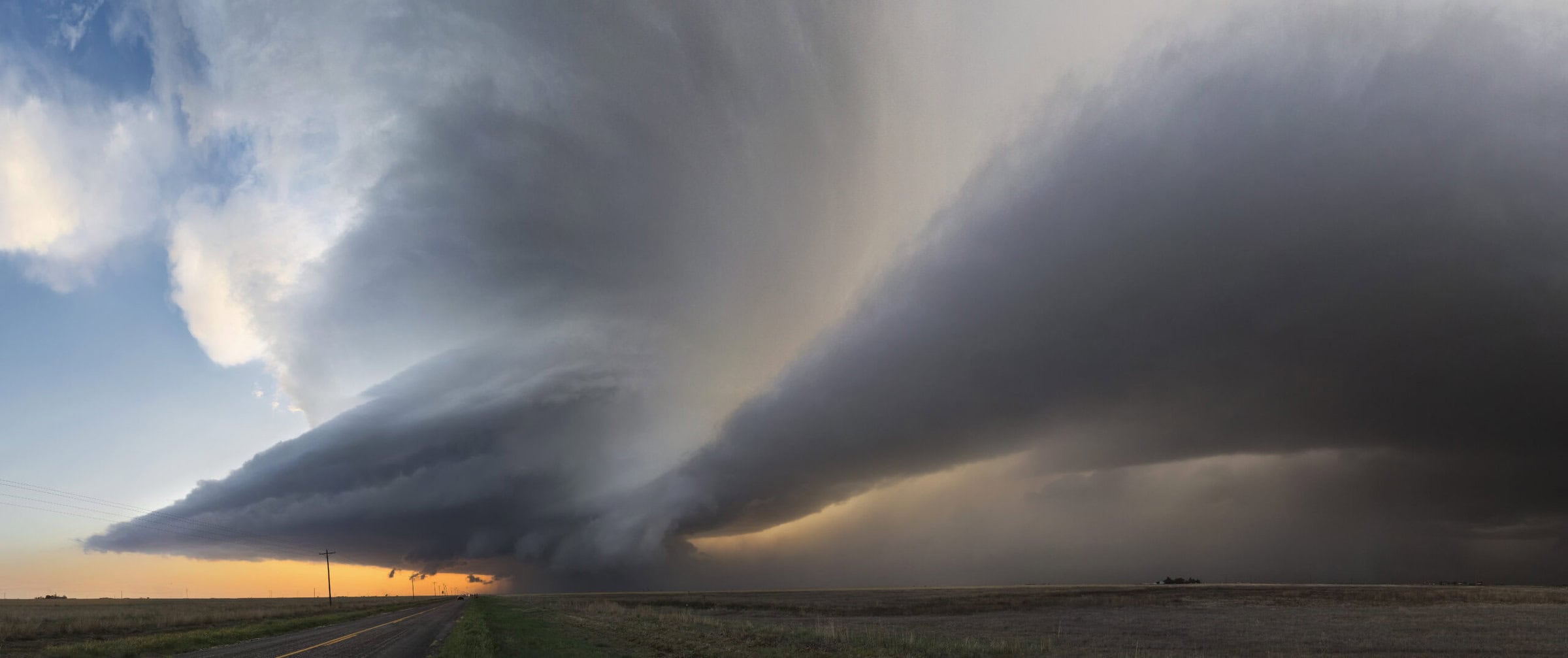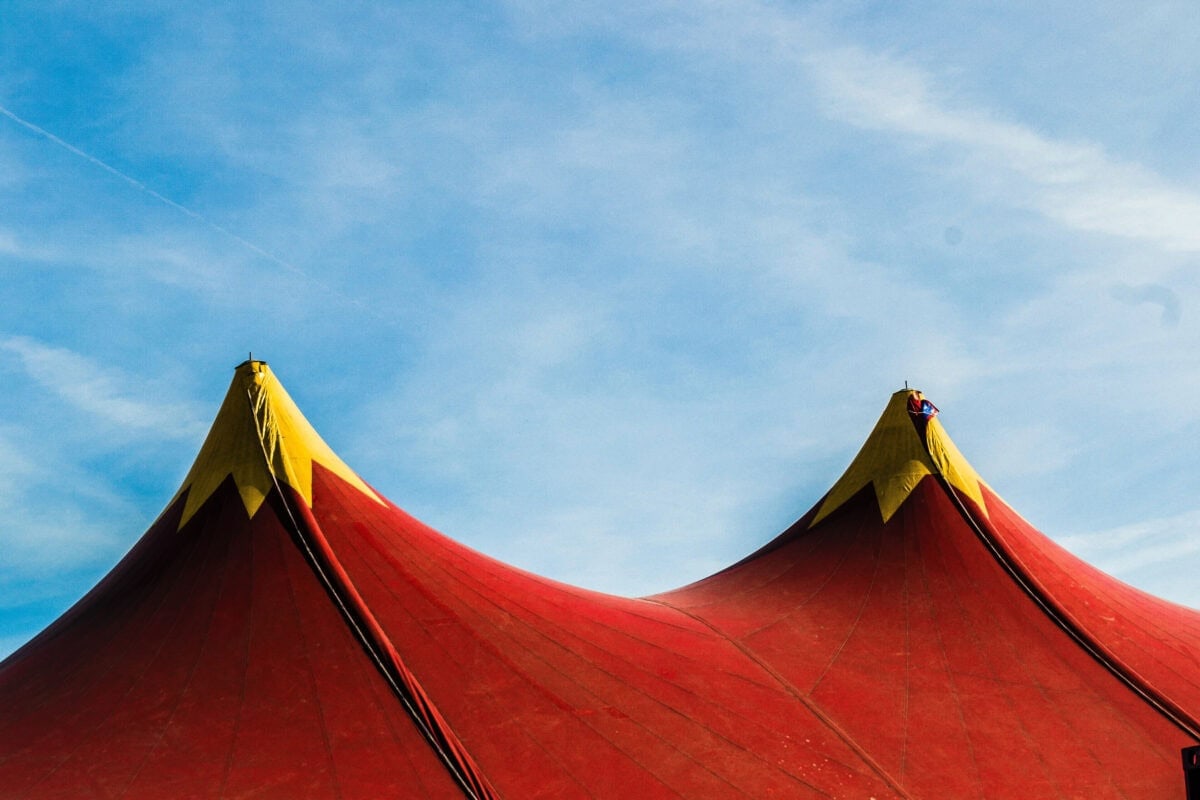After the generous introduction, I smiled and prepared to move toward the lectern, but at that very moment, the fire siren began its plaintive wail, causing the audience to laugh and my host to exclaim, “You’ll have to speak real loud.” I briefly hesitated, waiting for the noise to subside so that I might rise to the occasion—a lecture on European perceptions of Kentucky in the eighteenth and nineteenth centuries.
Not all of my activities as historian-on-the-move have been so melodramatic or so amusing as this simply because not every county historical society meets in the building that houses the volunteer fire department. But many have been the unexpected delights, the personally and professionally beneficial encounters of the right kind with individuals in this state who are not tenurable and yet are keenly interested in that classic subject of tenurability, history.
Anyone who has participated in what are called “public humanities programs” knows the keen, genuine historical concern of those audiences who sit in places other than classrooms. This democratization of the past, this interest in the time dimensions of community and region, is one of the attributes of contemporary America, a country now mature enough to realize that anticipation of the future depends on remembrance of things past. In order to help direct this interest, the professional historian is invited to turn around, to face the door rather than the bookshelf.
In so doing, I have not disengaged myself from my long-time study of French colonial history but have added other subjects for scholarly investigation and public presentation. In a way, I have become a historian of “two cultures,” with an extended field of research which has included consideration of Kentucky’s participation in world fairs, the architecture of the haunted house in modern Western literature, and the significance of food in fairy tales. The probability that any of this organized material will appear in polished form in a critical review is slight, but all of it has extended my vision of the past and has deepened my realization of the importance of history that touches all, reaches all.
The reward for this effort, not factored into any university matrix measuring scholarly activity, is found in the exclamation frequently made by someone in the audience: “I hadn’t thought of that!” Nor would have had I, perhaps, except for this temporary relocation out of the university into the country.
Yet in no instance have I considered this movement an exercise in “going to the country,” an academic excursion designed to instruct and exhort those who know nothing of themselves. The remarkable condition that I discovered was the very one I helped create. It is the mutual reinforcement of historical appreciation as speaker and audience share enthusiasm and understanding. E. H. Carr once wrote that historical scholarship is a dialogue between fact and interpretation. Such a dialogue often occurs when those facts of local history, known to the longtime resident, are introduced and thereby refine the generalizations of the outside lecturer. There is, in effect, an exercise in oral history that regularly accompanies participation in “public humanities programs.”
There is more. My experience included further appreciation of historical landscape. I came to realize how abstractionist historians are, how ignorant about the ground underfoot we often are. In the articulation of a community in the layout of its buildings on Main Street; in the architectural derivatives which bear names like American Gothic or Italianate; in the ingenuity of adaptation of a former private residence to a lawyer’s office or a former filling station to a small restaurant—space became place. Most valuable of all these haunts to me professionally were those found in a project on urban renewal in Mount Sterling, Kentucky. In the small downtown area, I looked up at the facades of once proud buildings which stood in hope that the place would become a major rail hub. It did not, but what does remain in detail, in ensemble, and in site, is a rather permanent historical monument, an emblem of nineteenth-century assumptions about progress. What I saw there, some forty miles away from my university town, I brought back with me when I resumed my study of French colonial urbanization and the ideology it unconsciously spatialized.
My experience of circuit riding in Kentucky has thus been binary. My professional activities—teaching and scholarly writing—have been newly provoked by subjects and conditions that did not exist or went unnoticed in my established field of specialization. My understanding of the state in which I live has deepened, and my appreciation of popular historical consciousness has grown. I have found that the citizen-soldier can have, should have, a contemporary equivalent in the scholar-citizen.
It is true that in public functions the historian-as-humanist has a decided advantage over other professionals who would venture into an ecology without groves of olive trees: he or she speaks the language, employs the metaphors and allusions that are immediately accessible to any listener. The task of such a one, of an individual like myself, is not translation, but transmission: the resighting of the past so that it is not directed to the blackboard and the notebook but to the quizzical faces of persons who have given over an evening to listening to a subject that interests them or that they think will interest them.
This disingenuous exercise, which finds no fit in any citation index, was one that I began shortly after I arrived in Kentucky eighteen years ago. Through service to the Kentucky Humanities Council, first as consultant, then as board member, I frequently departed, going out to communities and volunteer organizations that are always praised in the stump speeches of presidential candidates and are regularly ridiculed in the literature of those who would follow Sinclair Lewis. Because the activity is voluntary on both sides, there is little contrivance, no “requirements.” The parties temporarily brought together to sponsor this conference, mount that exhibit, or discuss the possibilities of a new project do so in a rough-hewn peerage, an equality of commitment.
I suspect that we all long to find an America that approaches the graphic designs of Norman Rockwell, a place where titles and swivel chairs are unknown and open collars and benches are in prominent view. The closest I have come to this is in my work in the public sector served by the humanities. Not only has this been an opportunity to meet other academics from other institutions who often have different specializations, but also it has been the occasion to meet “ordinary” citizens whose commitment to the “quality of life,” the fundamental justification for the humanities, is very keen. The environment most comparable to this one is another I personally experienced, that of the small Midwestern liberal arts college where the intellectual community extends to the surrounding cornfields.
Granted it is easy to romanticize this sort of environment and the experiences it nurtures, but most of the citizen-participants in public humanities programs are clearheaded, make-sure-we-get-our-money’s-worth types. The sum of it all, the total sum of financial outlay and personal expenditure of time, is measurable in a way that research for a scholarly publication is not. The returns immediately follow in audience reaction, perhaps in discussion afterwards or the thank-you note. And there always exists the possibility that personal satisfaction will be guaranteed in advance, as on the illuminated sign in front of the motel in Paintsville which announced as I drove in, “Dr. Ray Betts Speaks Tonight.”
Engaging, stimulating, rewarding—such is my assessment of my efforts as historian-on-the-move. All such qualifying participles can be lined up to point to one conclusion: the subject matter of the humanities is far from being exclusively academic.
Raymond F. Betts is professor of history at the University of Kentucky and director of the University's honors program.


